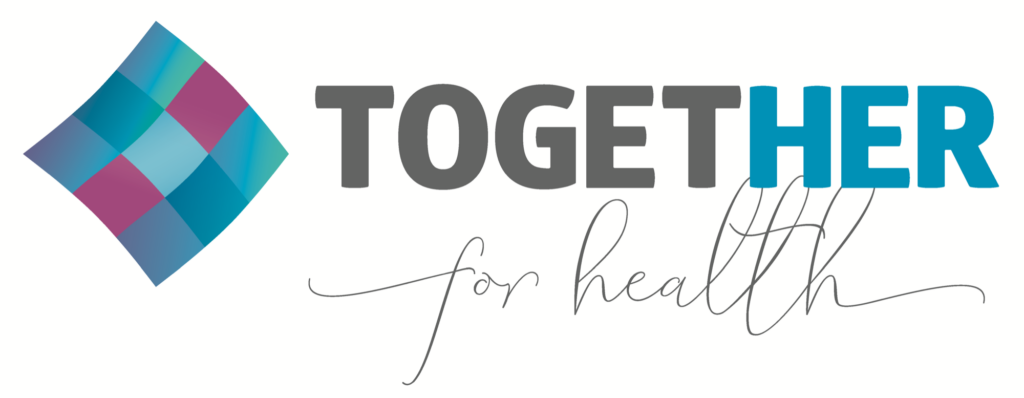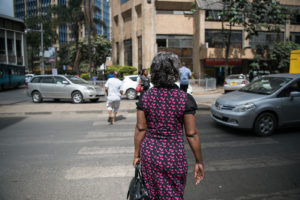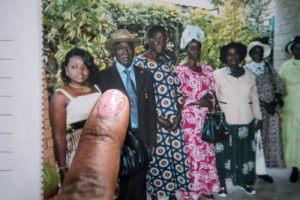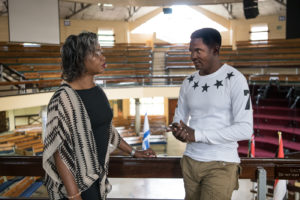Christine: Vaccinating Against Cervical Cancer
The HPV vaccine prevents cervical cancer and saves lives
29 August 2018 – “I didn’t even know about cervical cancer. I had never heard about it until I attended a women’s forum,” said Christine, 47, a communications professional. Christine lives in Kenya, where cervical cancer is diagnosed in nearly 4,000 women each year, and she is not alone: lack of awareness of the disease is one reason so few girls and women access the lifesaving services that can prevent cervical cancer.
Almost all cases of cervical cancer are caused by HPV, a virus so common that that 8 out of 10 men and women who have ever had sex will contract it at some point in their life. In most cases, the virus goes away on its own, but in some cases, it can persist and eventually lead to cancer. Cervical cancer can be prevented with a safe and effective HPV vaccine given between ages 9 – 14 years, and with “screen-and-treat” for women – a quick and painless screening that identifies precancerous cells, followed by immediate treatment if precancerous cells are detected.
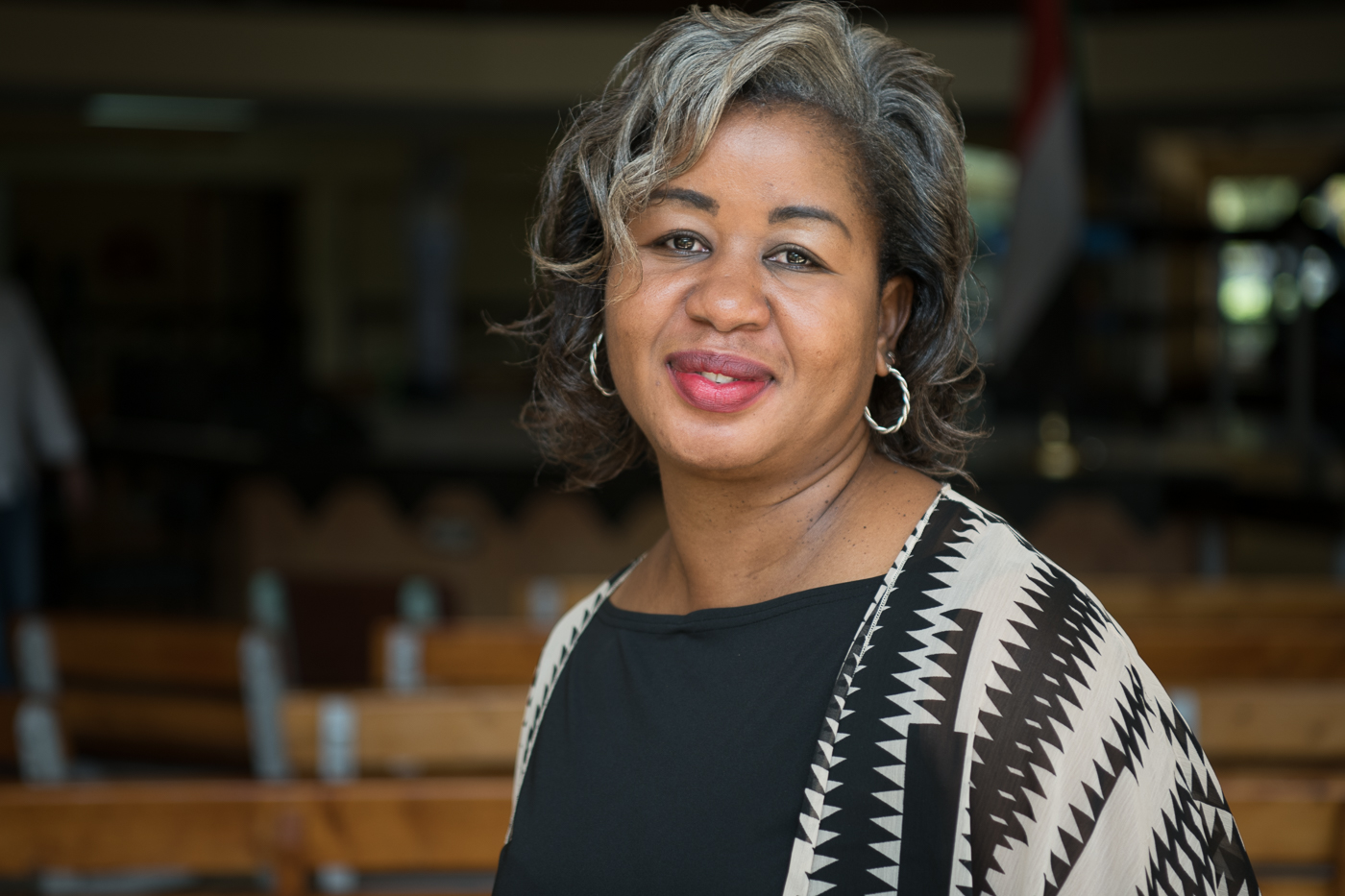
Countries like Finland and Australia that offer girls routine vaccinations against HPV are reporting significant reductions in HPV infections. Kenya and many other countries around the world are now making efforts to scale up access to this proven cervical cancer prevention tool. In 2019, Kenya will begin its first HPV vaccination campaign, with the support of international health organizations.
After learning from her doctor that cervical cancer is preventable with the HPV vaccine, Christine overcame her cultural reluctance to talk about an issue related to sexuality, and decided to vaccinate her 14-year-old daughter at a private clinic.
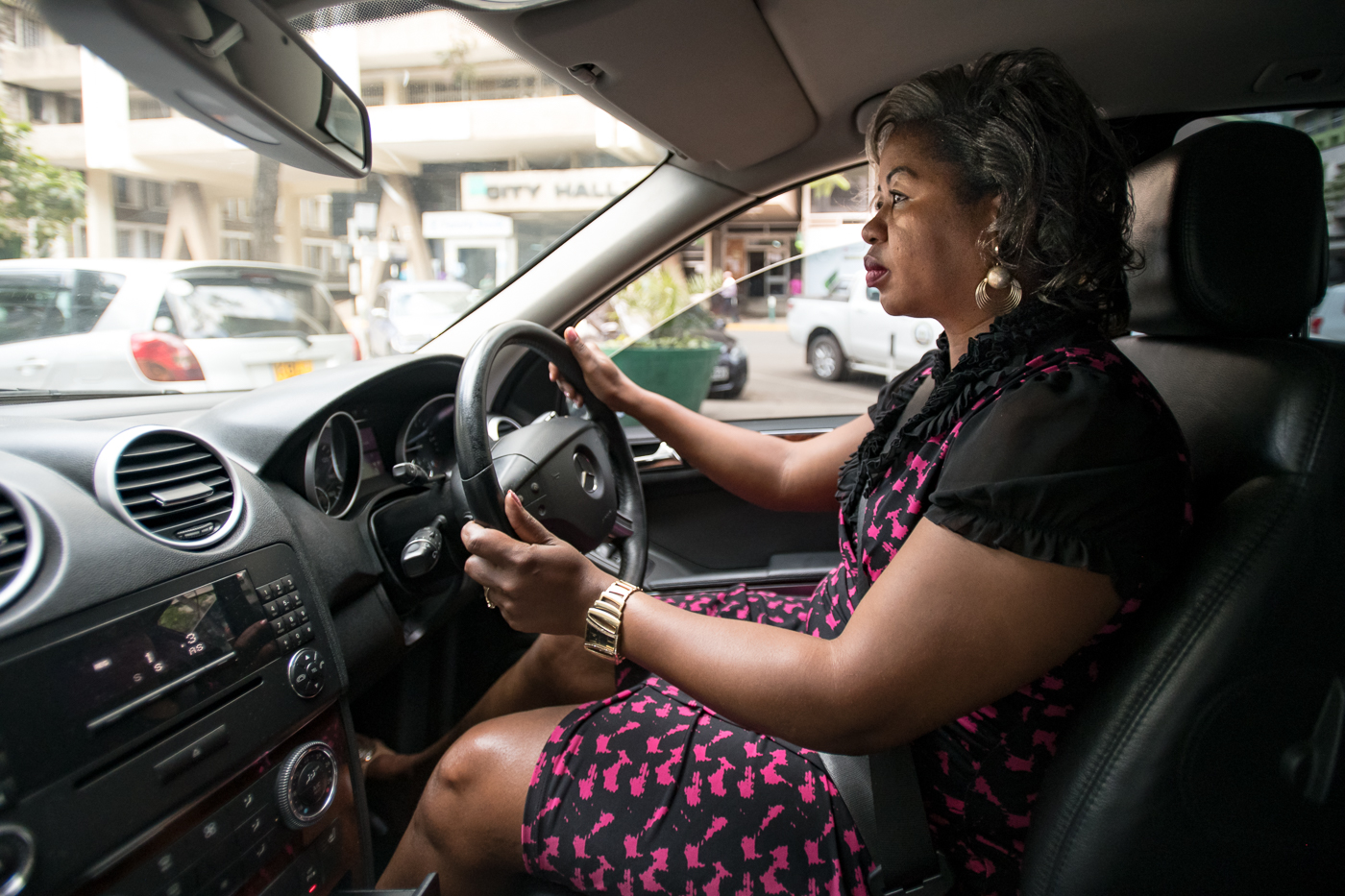
Christine is a member of Parklands Baptist Church in Nairobi, Kenya, which has made cervical cancer awareness a priority. The Parklands congregation may seem like an unlikely army in the war against HPV and cervical cancer, but religious institutions are powerful sources of information, and influential in the adoption of national HPV vaccination campaigns. Their reach is broad: on any given Sunday, 3,000 people worship at Parklands, and thousands more watch its online broadcast.
Christine is among the churchgoers devoted to a future generation of healthy girls and women, and the leader of Parklands’ youth ministry, Pastor Sylvester, 35, is a critical champion. He oversees programs to educate young people about how to address risk factors that can impact their long-term health, like the HPV infection.

“We believe as a church, through the youth ministry, that the responsibility of raising a younger generation that contributes to a productive society…lies with us,” explained Pastor Sylvester. “We believe that if we don’t do it today then we don’t have a generation tomorrow.”
Kenya’s upcoming campaign to vaccinate girls against HPV will reflect the learning from successful campaigns implemented in countries such as Rwanda, Senegal, and Peru.
Rwanda launched its national HPV vaccination program in 2011, delivering the vaccine in schools to all girls in primary grade six. Reported coverage was 93 percent in the first year and 98 percent in 2014. The country credits the program’s success to a public–private partnership with a vaccine developer; a high-level political commitment by champions such as the First Lady; the strong Rwandan health system; and comprehensive community sensitization to promote vaccine introduction.
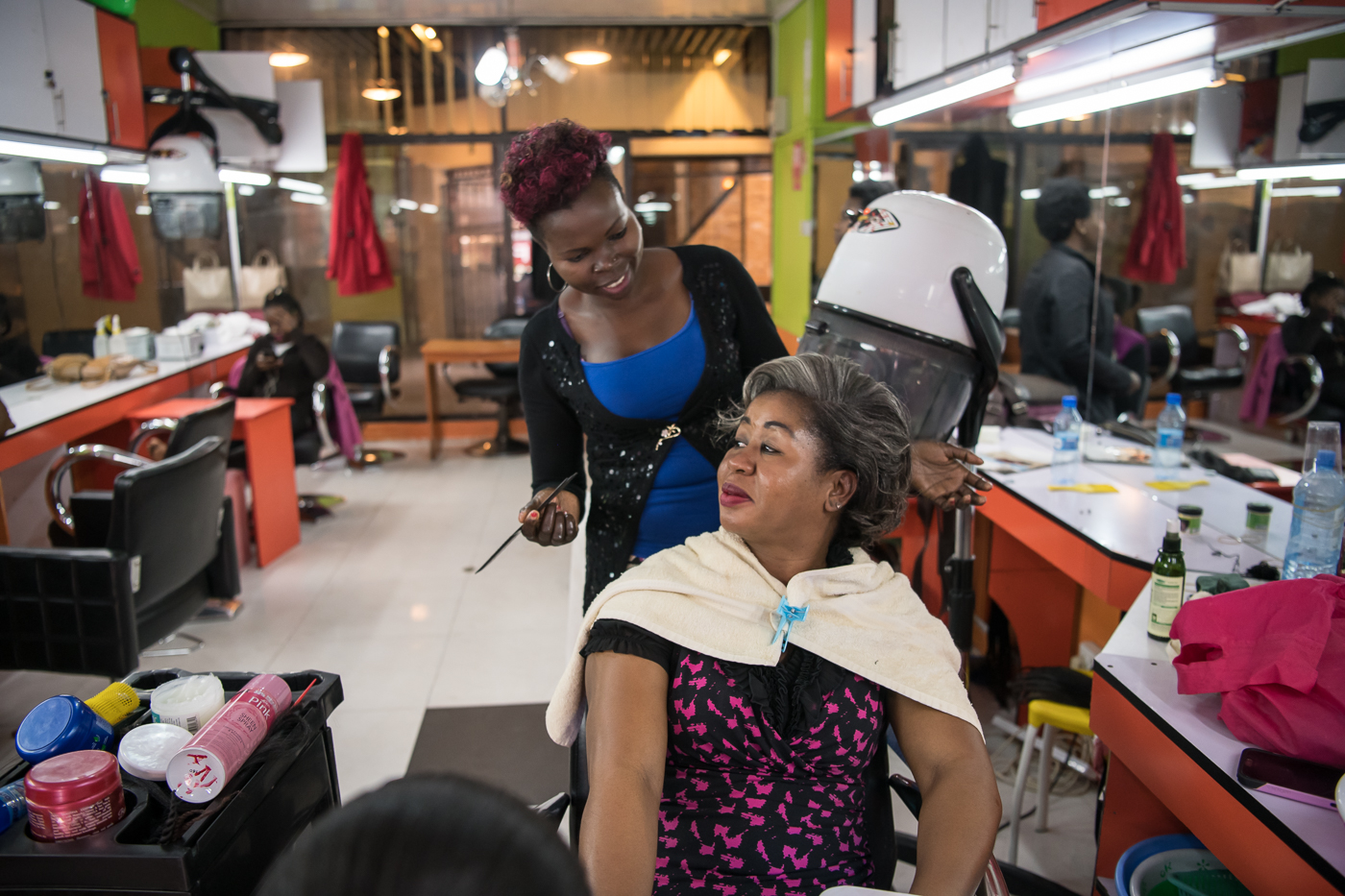
The experience of Rwanda and other countries has shown that political will and adequate funding must accompany education and stakeholder support to successfully scale up cervical cancer prevention services. TogetHER, an international partnership focused on ending cervical cancer, is an example of an organization that is working to increase funding and strategic alliances.
“The key to eliminating cervical cancer is the HPV vaccine,” said TogetHER’s Executive Director, Celina Schocken. “In order to reach all girls, it needs to be affordable and available everywhere.”
According to Sally Cowal, Senior Vice President of the American Cancer Society, there are two important facts everyone needs to know about the HPV Vaccine: “Number one, it prevents cancer; Number two, it is safe and effective. The bottom line is that it protects women from cervical cancer—and the stigma and expense that often come with it.”
- Cervical cancer is the third most common cancer worldwide. 80% of cases occur in the developing world, yet only 5% of women are screened. Challenges include awareness about the disease, access to the HPV vaccine to prevent the disease, and funding for screen & treat programs.
- Christine’s beloved father passed away from liver cancer.
- Sylvester, the Parklands Baptist Church youth minister, is a champion of cervical cancer prevention and the HPV vaccine.
- At Parklands Baptist Church, Christine seeks advice from the youth pastor, Pastor Sylvester.
Cervical cancer a leading cause of cancer death in Kenyan women, killing over 3,000 women a year. Those women are among the over 311,000 who die worldwide each year from the disease, overwhelmingly in developing countries where access to information and services is scarce. But demand is growing for the HPV vaccine. Christine’s story gives hope that we can stop women suffering and dying from cervical cancer all over the world.
“It is something that is so huge,” Christine declared after learning that deaths and suffering from cervical cancer could be prevented by the HPV vaccine and screen-and-treat. “There was no way that I was going to get the information and be quiet about it.”
